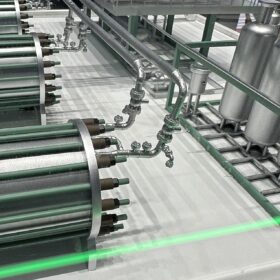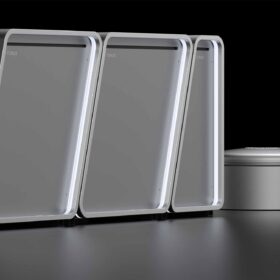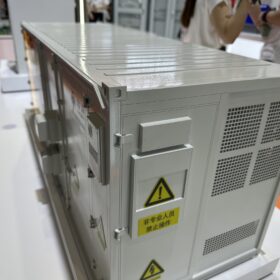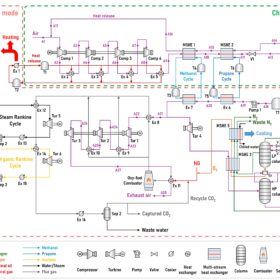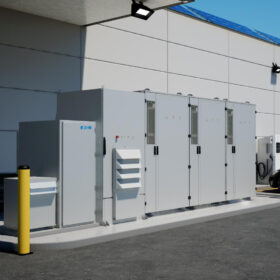The Hydrogen Stream: UK scientists call for strict rules for H2 leakage
The Oxford Institute for Energy Studies says addressing hydrogen leakage across the supply chain is crucial to making hydrogen a sustainable energy vector. Italy, meanwhile, has unveiled its national hydrogen strategy, with a focus on its role in the Mediterranean.
Torus unveils flywheel, battery energy storage, AI-driven cybersecurity solutions
The Utah-based flywheel specialist and energy management company has recently unveiled its full-stack suite of commercial energy storage, management, and security products.
Somalia launches tender for off-grid solar-plus-storage at 25 health facilities
Somalia’s Ministry of Energy and Minerals said the solar-plus-storage systems will be deployed in the Marodi-Jeeh and Awdal regions.
Utility-scale BESS: Best practices to mitigate hazards
A report from Leeward Renewable Energy has investigated battery energy storage system (BESS) fires and other thermal runaway events to try and put them into context.
Standalone liquid air energy storage system for power, heating, cooling supply
Korean scientists have designed a liquid air energy storage (LAES) technology that reportedly overcomes the major limitation of LAES systems – their relatively low round-trip efficiency. The novel system enhances efficiency by increasing power output through the generation of thermal energy using natural gas as the external fuel during energy release.
Belgian capacity auctions catalyze 1.1 GW of battery storage
Similar to last year, battery energy storage systems (BESS) made up almost all new-build capacity selected in recent Capacity Remuneration Mechanism (CRM) auctions in Belgium. Simon De Clercq, senior research associate at Aurora Energy Research, tells ESS News that there is even more room for BESS players to participate in the procurement exercises.
Greece, EU set up €1.6 billion fund for island decarbonization
The Greek government, the European Commission, and the European Investment Bank (EIB) have launched the Islands Decarbonisation Fund. They have initially secured €1.6 billion ($1.7 billion) to finance decarbonization projects across the Greek islands.
Eaton releases commercial, industrial BESS
Eaton says its new xStorage commercial and industrial battery energy storage system (BESS) offers storage capacities ranging from 250 kWh to 1,000 kWh, using lithium iron phosphate batteries with self-contained liquid cooling.
Scientists design residential ice-source heat pump using repurposed gas pipes
Scientists in the United Kingdom have designed an ice-source heat pump system that utilizes existing gas pipelines to transport water. The system is designed to achieve a coefficient of performance of 4.77.
Horizon Power starts vanadium battery tech trial in Australia
Western Australia’s state-owned regional energy provider Horizon Power has officially launched the trial of a vanadium flow battery in the northern part of the state as it investigates how to integrate long-duration energy storage into its network, microgrids, and other off-grid power systems.
